Happy hour at the corner bar has long been a way to relax after a stressful work day, take clients out to close a deal, or just hang out with friends. This is just a small view of how alcohol is the center of socializing. However, what happens when you remove alcohol from your social norm? A relatively new trend of being sober-curious is helping to answer that question and promote a different attitude toward drinking alcohol.
Health and Safety
As is with most anything, in moderation, alcohol can have some advantages. Some medical organizations claim that red wine can help reduce the risk of heart disease, prevent some kinds of cancer and help stave off diabetes. But alcohol can also have its risks such as causing cardiovascular damage, increasing the risk of stroke and contributing to depression. Additionally, it is suffice to say that under the effects of alcohol judgement becomes impaired and poses a risk to one’s physical safety; and to the safety of others if they choose to get behind the wheel of a car.
In a 2010 study, the U.S. Department of Health and Human Services reported in the United States, approximately four million adults admitted to driving under the influence; which equated to 112 million occurrences and accidents. This results in injuries, deaths, and costs Americans billions of dollars annually. So with the health and safety risks and the high cost involved with irresponsible drinking, why hasn’t this created a “sober curious” trend before now?

A Sober Champion
Nancy Reagan was a prominent figure in encouraging children to say no to drugs and Betty Ford used her addiction and recovery to open up rehabilitation centers for drugs and alcohol. However, there is this cultural notion that drugs and alcoholism or problem drinking is a condition in which people cannot function or hold down a job. It is not the group you see at the bars who are able to get up the next morning and head into work. Albeit it with a hangover, they still get up and manage their responsibilities. Not a problem, right? But somebody sees it as an area of much needed improvement.
That somebody is Ruby Warrington, the British author of Sober Curious: The Blissful Sleep, Greater Focus, Limitless Presence, and Deep Connection Awaiting Us All on the Other Side of Alcohol.
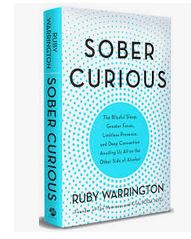
She is definitely a voice perpetuating this trend of sobriety. Warrington is championing and forging a path to the platform on ‘social drinking’ and how it might be just as unhealthy as alcoholism or binge drinking. Her book has helped launch sober curious events called Club Soda in the United Kingdom and New York City. Sounds a little like AA? Nope, not your average alcoholics anonymous type of meeting. These events feature sponsorships from companies like Lululemon and SoulCycle and the goal is to encourage a healthier lifestyle body, soul and spirit.
But what does this do to the alcohol industry?
The Market Place
Earlier this year, Fortune magazine reported that Americans drank almost eight billion gallons of alcohol. While U.S. beer sales were down less than one percent, some liquor sales rose as much as over thirty percent. With an overall increase in liquor sales, one has to wonder: “Who are the sober curious? How will it affect the liquor market; and what products cater to this new social revolution?
Americans might not have reduced their alcohol intake last year, however, across the world, there has been a reduction of about 1.5% in the amount of alcohol consumed. It might not seem like a lot but there are companies waiting to assume that lost market share. Seedlip, in the UK, with the tagline “What to drink when you’re not drinking”, is creating floral and aromatic distilled non-alcoholic spirits using centuries old recipes. The company was featured in Food and Wine Magazine in 2017 and their products are available for purchase on the William Sonoma website.
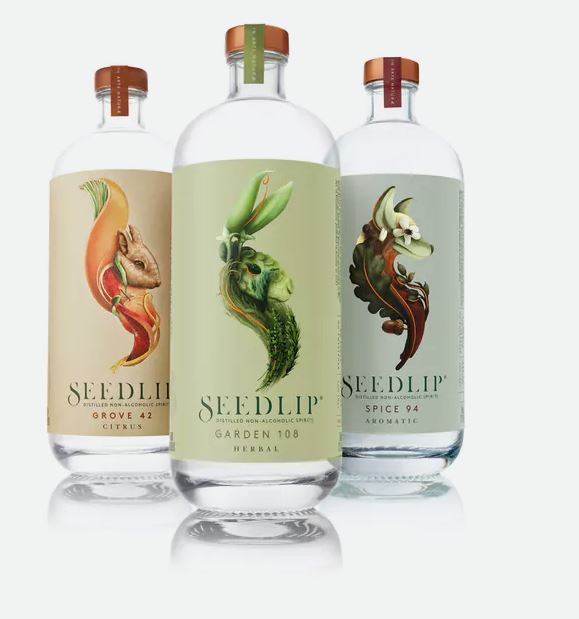
A close competitor, Curious Elixirs, boasting its “hand-crafted adult beverages without alcohol” creates herbaceous, spiced botanical drinks that the company claims increases the body’s serotonin and helps with circulation. And it just might improve your sex life.
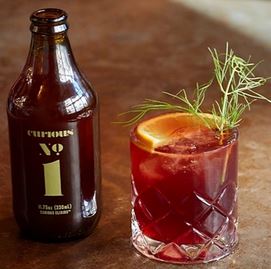
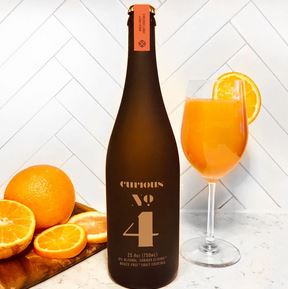
Another company Arkay, is producing non-alcoholic liquors. From Tennessee whiskey to tequila, the company makes a product that tastes like alcohol yet its zero proof and causes no buzz or inebriation (not sure what the point of that is).
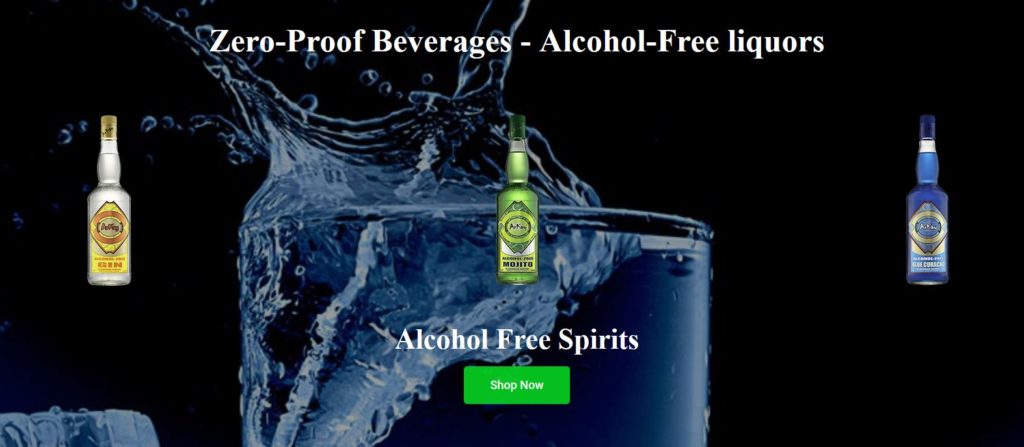
Another company, Sparkling Sober in Scotland has come out with a “fizzy wine” made of elderflower, rhubarb and ginger. Also zero proof, it is a replacement for sparkling rose wines.
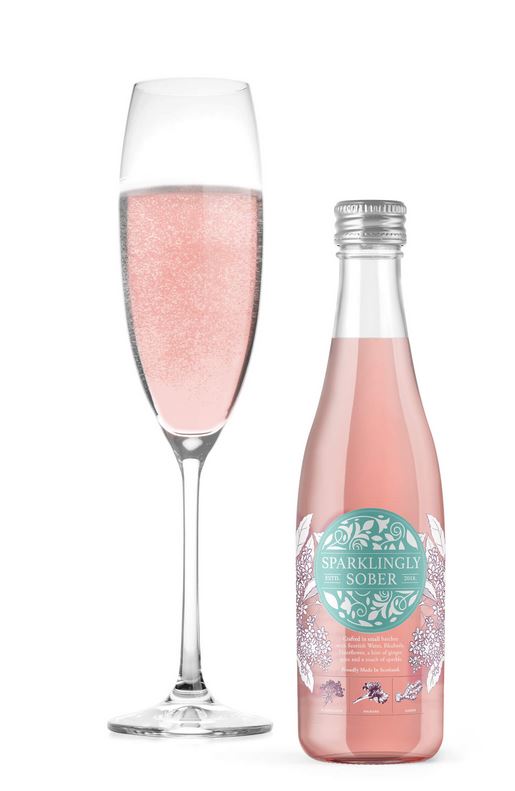
While it’s hard to say exactly when the popularity of non-alcoholic distilled spirits began to rise, with the increasing visibility, it’s easy to see where the trend is going. In the non-alcoholic drink category, sparkling water alone is an over $2 billion industry up $34 million in the last year. Nut milks, kombucha and tea accounts for several hundred millions more in growth. So the market is primed and ready for a shift toward healthier drinks that promote a sober approach to life. To loosely paraphrase Warrington, we’re all out there being health conscious with yoga classes, soul cycle, gluten free this and stevia that, but still binge drinking and suffering with hangovers. Perhaps, society did not see alternative options to the social norm of cocktails and wine parties. But there’s a new society brewing…or distilling…the Sober Society.


4 Responses to Let’s Raise a Glass to Non-Alcoholic Cocktails